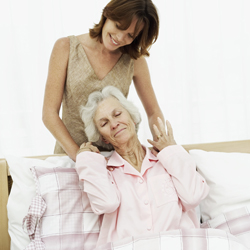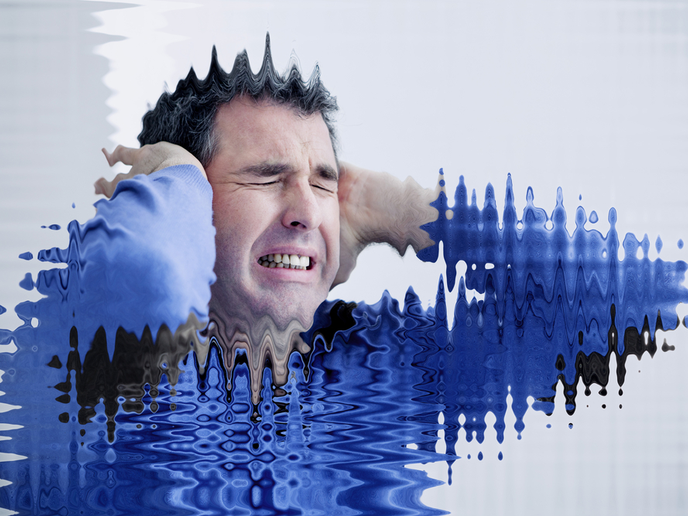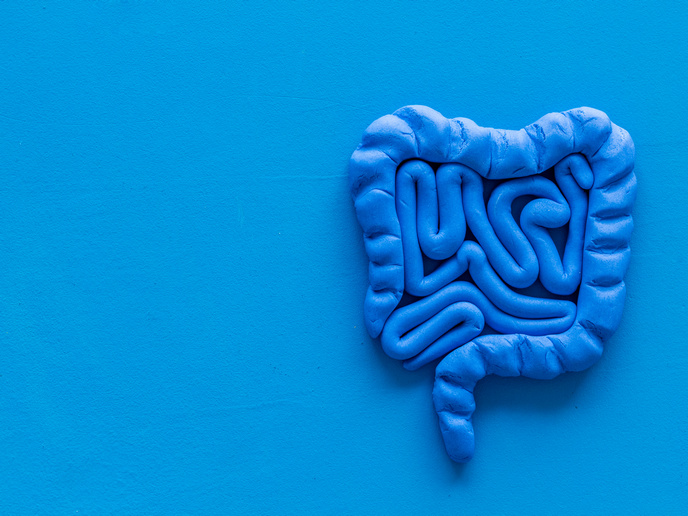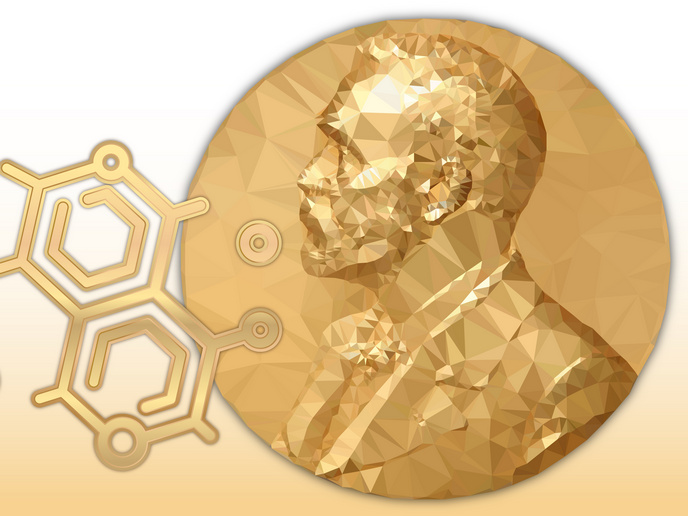The role of oestrogens in ageing
Reproduction in women is regulated by sex steroid hormones and their receptors. Of these, oestrogen in particular is thought to exert a protective function in skeletal, cardiovascular and nervous systems. With increased life expectancy, women now spend more than one third of their life in menopause – where production of sexual hormones ceases. This causes vascular instability, skeletal, urogenitary as well as psychological problems. To treat menopause and its effects, post-menopause hormone replacement therapy (HRT) is often administered. However, its benefits and risks are still unclear with conflicting clinical results. The EU-funded ‘Estrogens and women ageing’ (EWA) project aimed to study the physiology of female ageing while paying particular attention to suitable therapies for treating disorders associated with female ageing and the post-menopausal period. By reviewing the field of sex steroid hormones and in particular oestrogens, project partners generated cellular and animal models in order to study the effects of oestrogens and oestrogenic compounds in young and aged female mammals. More specifically, EWA members investigated the long-term effect of oestrogen compounds on reproductive and non-reproductive organs. Additionally, they examined the anti-inflammatory activity of oestrogen in the pathologies associated with female aging such as diabetes, neurodegeneration and skin ulcers. The EWA project offered important insight into the role of oestrogen in many organs and systems during ageing. The data collected strongly support HRT administration in menopausal women to protect against bone, vessel, skin and brain malfunction.







